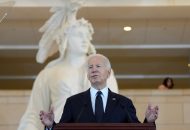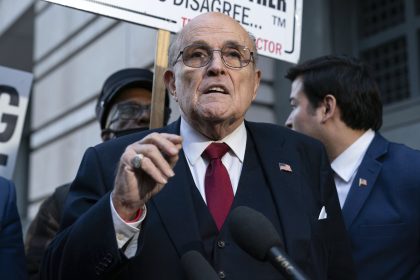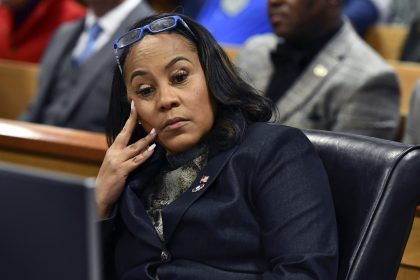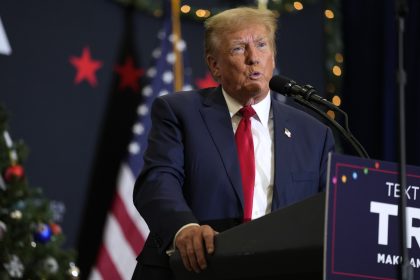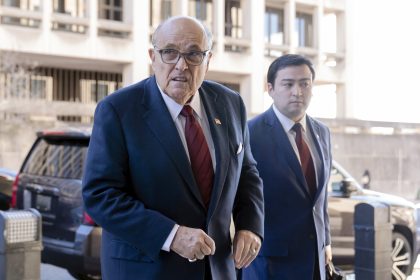Ohio To Send Absentee Ballot Requests To All Registered Voters
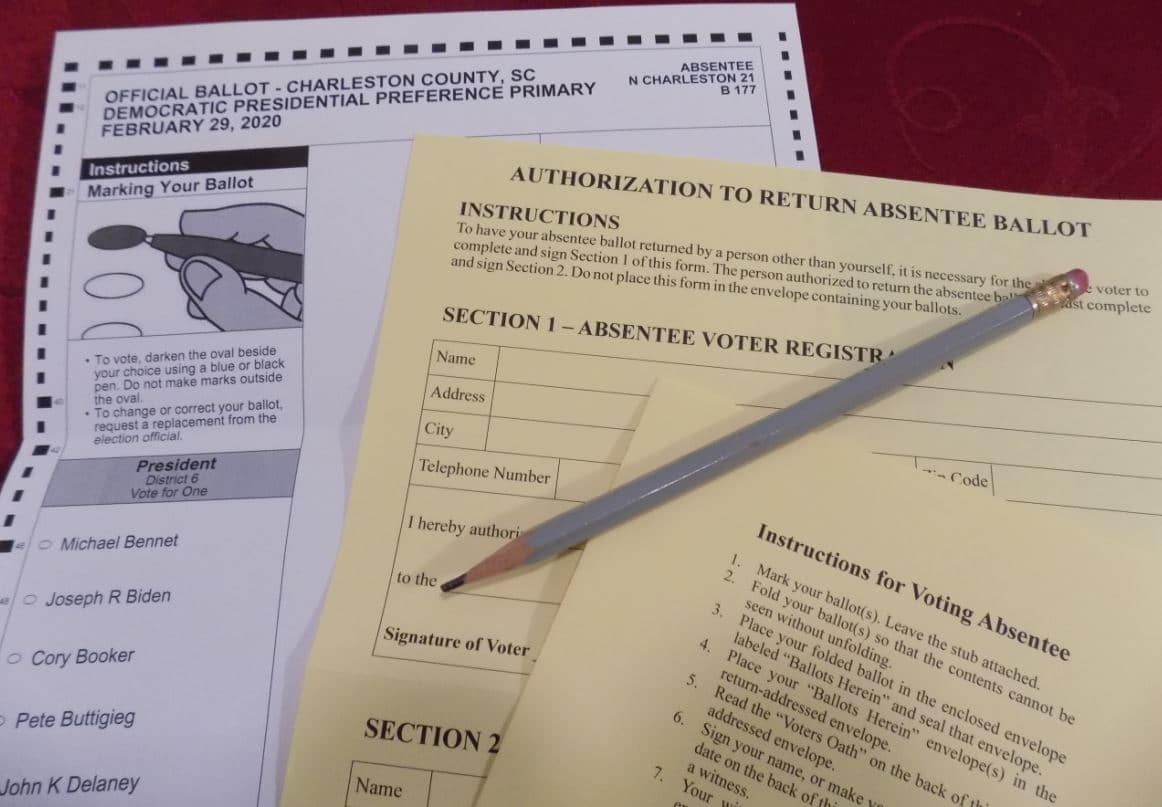
Ohio Secretary of State Frank LaRose announced on Monday that absentee ballot requests will be mailed to the state’s 7.8 million registered voters ahead of the November election.
“For nearly a decade, Ohioans have received an absentee ballot request ahead of the presidential and gubernatorial general election, and today’s controlling board action ensures that will be the case again this year,” LaRose said in a statement. “Sending the request — not the ballot — helps voters participate in the election and means each registered voter in Ohio can continue to choose one of three options available to them — early voting, absentee voting by mail, or voting in person on Election Day.”
The request forms, which can also be printed from the secretary of state’s website, will start getting mailed out around Labor Day, September 7. The Ohio Controlling Board approved the move to mail the request forms, which is expected to cost roughly $1.5 million in federal funding. Ohioans have until October 5 to register for the general election on November 3.
In April, Ohio conducted its primary elections almost entirely by mail, closing down the majority of in-person voting centers due to concerns about the coronavirus.
But the primaries were riddled with inconsistencies. Less than a week before election day, LaRose said his office had received widespread reports of postal service delays. “As you can imagine, these delays mean it is very possible that many Ohioans who have requested a ballot may not receive it in time,” he said in a letter to the Ohio Congressional Delegation.
In the end, only about 1.8 million ballots were cast in the primary, a remarkably low turnout compared to the 3.3 million votes cast in the 2016 primaries. The voter turnout was only marginally higher than it was for the 2018 midterm primaries, when roughly 1.7 million people voted.
In response to voting problems in the primary, Ohio’s state legislature passed a bill in early June that Republican lawmakers said would “safeguard Ohio’s elections.”
But the legislation shortened the time frame for voters to request an absentee ballot by moving the deadline up from three days to seven days before Election Day. It also prohibited the secretary of state from sending voters prepaid envelopes to mail back absentee ballot requests or absentee ballots themselves.
Some Democratic lawmakers slammed the bill as a move to disenfranchise voters during the pandemic. “This last primary election revealed just how confusing and difficult operating an election can be during a crisis,” said Ohio Rep. John Rogers in a statement. “This rushed legislation falls short of making future elections as accessible and efficient as possible,” he added.
Democrats in Ohio’s state legislature had introduced alternate legislation that offered to mail a ballot with prepaid return postage to every voter, skipping the application step, and to count ballots postmarked by Election Day.
The Ohio chapter of the American Civil Liberties also criticized the Republican-backed bill, arguing that “it negatively affects the ability of people to vote at precisely the times when flexibility may be needed and when facilitating voting should be the goal.”
Initially, the Ohio primaries were scheduled to take place on March 28, but they were postponed by the state’s top health official just hours before polls were supposed to open.
State election officials then tried to move the election to June 2 to allow voters enough time to prepare, but they were challenged in court by the Ohio Democratic Party, who opposed the move. Eventually, Ohio’s state legislature stepped in to create new rules allowing an all-mail primary on April 28.
Several election watchdogs complained the new date would disenfranchise voters by not allowing enough time for a vote-by-mail process. The ACLU of Ohio and the Lawyers’ Committee for Civil Right Under Law filed a lawsuit challenging the legislature’s emergency legislation on the basis that it would “prevent thousands of eligible citizens from casting a ballot and unconstitutionally burdens the right to vote.”











